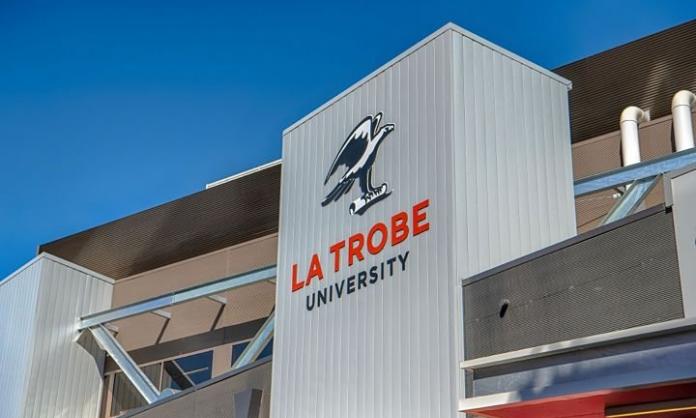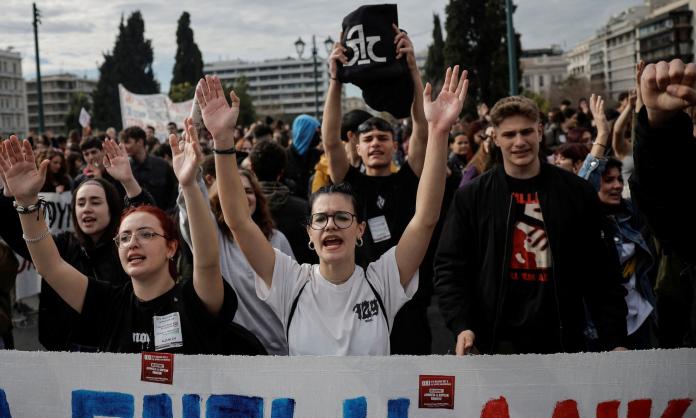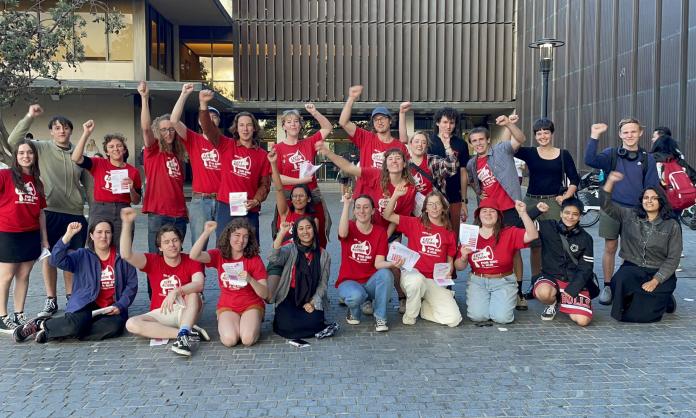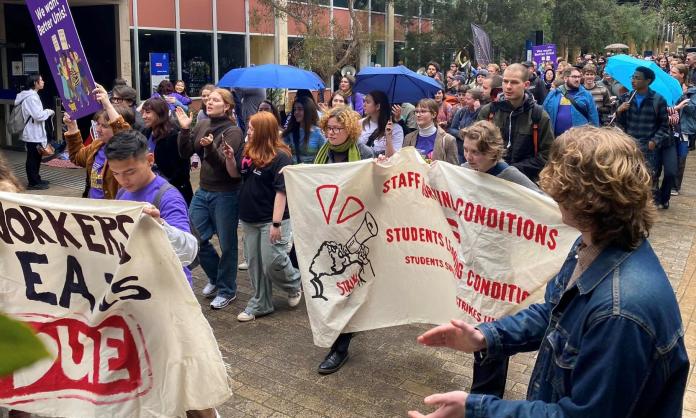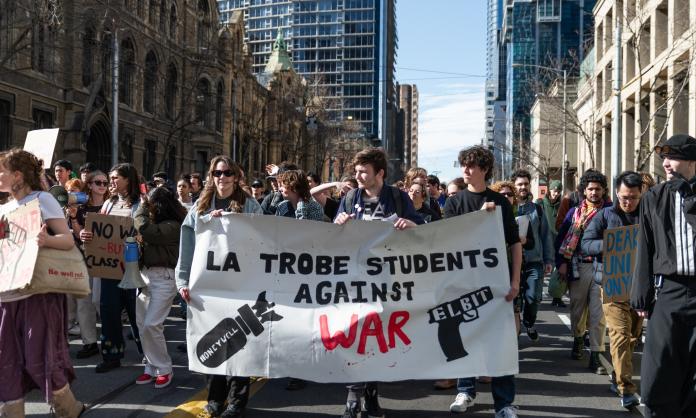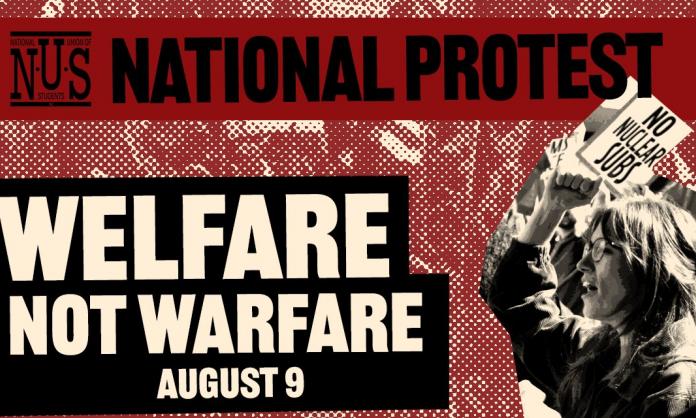After several months of campaigning, students have forced the withdrawal of the management-controlled La Trobe Student Association (LTSA) from La Trobe University’s Bundoora campus. This is an important victory for student democracy and a blow to the university’s controversial restructuring plans.
Constituted in January this year, the LTSA is the creation of university management, intended to usurp the longstanding and student-controlled La Trobe Student Union. Student activists opposed to the new association, who are demanding the reinstatement of the union, have been subjected to a campaign of intimidation and harassment by the university. This has included lawyers questioning the legitimacy of their campaign, threats of disciplinary action against student activists and shameless attempts to disenfranchise students, causing the cancellation of two student general meetings in which a motion calling for the LTSA’s dissolution was due to be voted on.
Despite all this, students voted overwhelmingly to dissolve the LTSA at a 12 November general meeting, with 757 votes for and 294 votes against. Because the LTSA’s constitution requires 75 percent of votes in favour to dissolve the organisation, and only 72 percent voted for dissolution, the motion lost. But after this undeniable demonstration of opposition, the LTSA management has announced that it will withdraw operations from the Bundoora campus and hand power back to the student-controlled union. Bundoora is the main Melbourne campus of the university, where just under 60 percent of the university’s total students are enrolled.
This is a humiliating defeat for the LTSA, a corporate-style outfit set up in order to remove an obstacle to the administration’s planned cuts and restructures. The result is also a clear defeat for La Trobe University Vice-Chancellor John Dewar, who is also the head of the peak body Universities Australia. He no doubt saw this move as a potential template for similar attacks elsewhere, or at least an opportunity to test what is possible in the current climate of student unionism.
While this is a victory for students at the Bundoora campus, the LTSA will remain in operation at regional campuses, where the cuts and restructures have been most severe. Nearly a quarter of staff have been slashed from the Mildura campus, half of all courses at the Wodonga campus have been moved permanently online, and Bendigo’s humanities department has been whittled down to just one-third of its original size. A more generalised rebuilding of student unionism at the Bundoora campus as well as across the country will be necessary to turn around the fortunes at these regional campuses.
While students have not been able to protest in person due to the pandemic, online demonstrations and forums organised by the campaign have helped cohere student anger and draw attention to the anti-democratic practices of the LTSA board and the university administration. Indeed, it is an indicator of what is possible if student unions place serious time and effort into mobilising students against other attacks pursued by administrations, alongside fighting for broader social justice issues that are of pressing concern to many students.
Importantly, the victory places students at the Bundoora campus in a much stronger position to resist further attacks by Dewar and the administration. It also sends a clear message to other vice-chancellors and university administrations across the country: if they try similar moves against student democracy, they can expect resistance.




